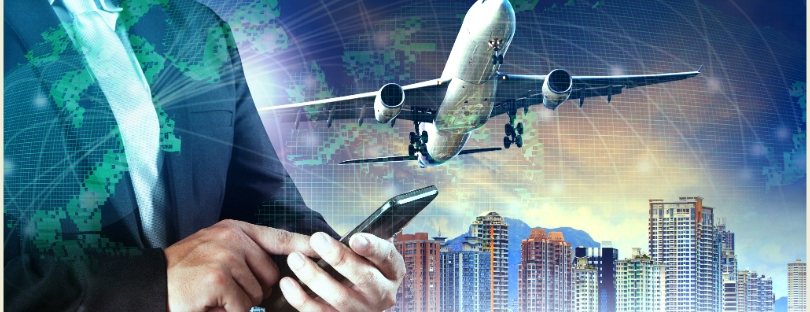
Securing Your Journeys: The Role of Security in Travel Technology
As technology continues to evolve, it’s playing an increasingly important role in the travel industry. But with the convenience and efficiency it brings, there’s also a need for robust security measures.
This article explores the importance of security in travel technology, highlighting its benefits and how it’s helping to make travel safer and more secure.
1. The Importance of Security in Travel Technology
Security in travel technology is crucial for protecting personal information, ensuring safe transactions, and maintaining user trust. With the rise of online bookings and mobile travel apps, there’s an increasing amount of sensitive data being shared and stored online. This makes robust security measures essential for protecting against data breaches and cyberattacks.
2. Protecting Personal Information: The Role of Encryption
Encryption plays a key role in protecting personal information in travel technology. It works by converting readable data into coded form, which can only be decoded with the correct key. This means that even if data is intercepted during transmission, it can’t be read without the decryption key. Many travel companies, including airlines and hotels, use encryption to protect customer data, from credit card details to passport information.
3. Ensuring Safe Transactions: The Power of Blockchain
Blockchain technology is helping to ensure safe transactions in the travel industry. It’s a type of distributed ledger technology that records transactions across multiple computers so that any involved record cannot be altered retroactively, without the alteration of all subsequent blocks. This makes it extremely difficult for hackers to manipulate transaction data, providing an added layer of security for online bookings and payments.
4. Maintaining User Trust: The Importance of Secure Networks
Using secure networks is crucial for maintaining user trust in travel technology. This means ensuring that any data transmitted over a network is protected from unauthorized access. One way this is achieved is through the use of Virtual Private Networks (VPNs), which create a secure connection to another network over the Internet. VPNs are commonly used by travelers to access their home network while traveling, providing a secure connection even when using public Wi-Fi networks.
5. Future Trends: The Road Ahead for Security in Travel Technology
The future of security in traveI technology looks promising, with several exciting trends on the horizon. For instance, biometric technology is set to play a bigger role in airport security, with facial recognition systems and fingerprint scanners making the check-in process faster and more secure. Additionally, AI and machine learning are being used to detect fraudulent activity, helping to protect against cyber threats.
Conclusion about Security in travel technology
Security in travel technology is more than just a necessity; it’s a cornerstone of the digital travel experience. It’s about protecting personal information, ensuring safe transactions, and maintaining user trust. As technology continues to evolve, we can expect to see even more innovative security measures in the world of travel. So, whether you’re a traveler or a travel company, understanding and prioritizing security in travel technology is crucial.










